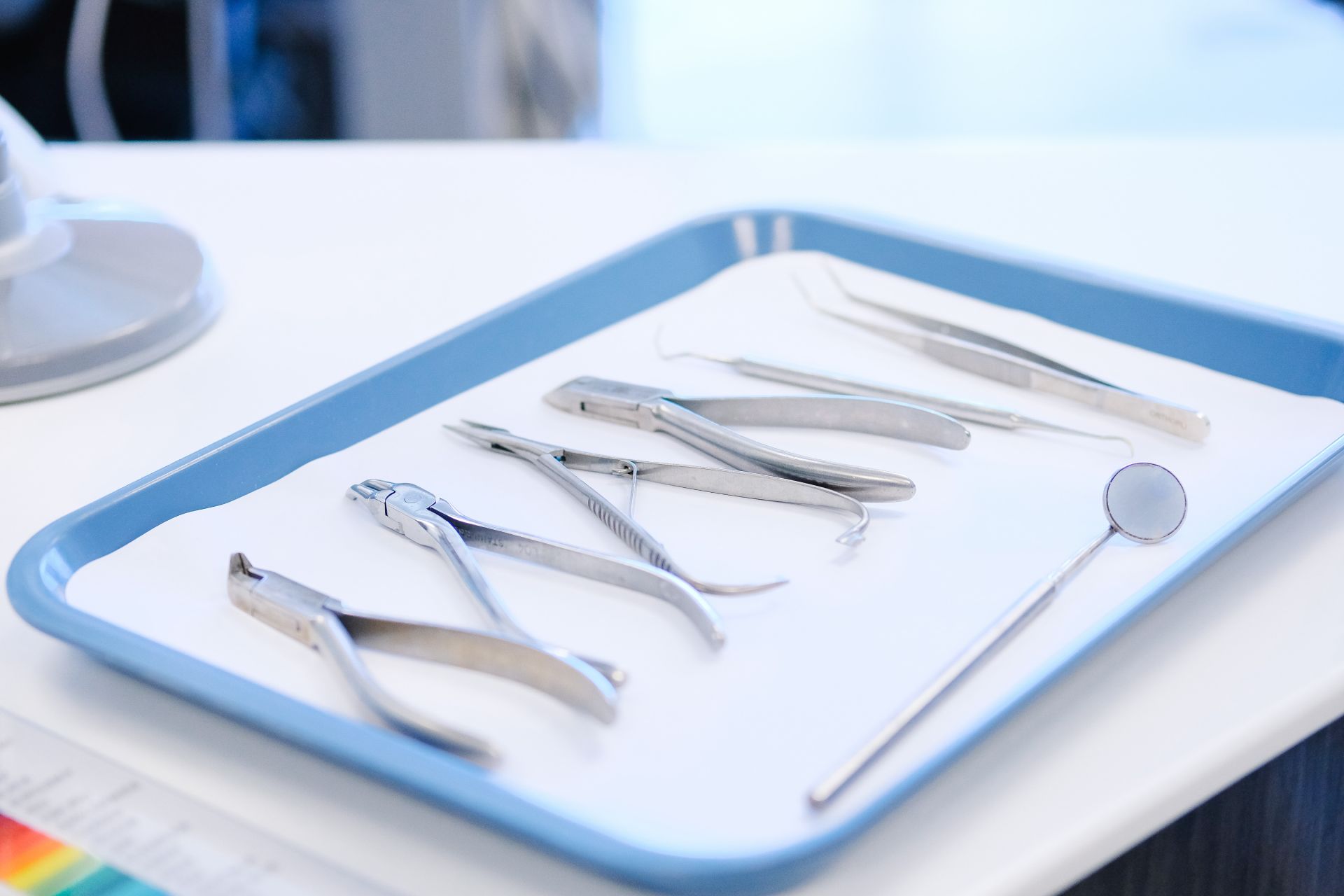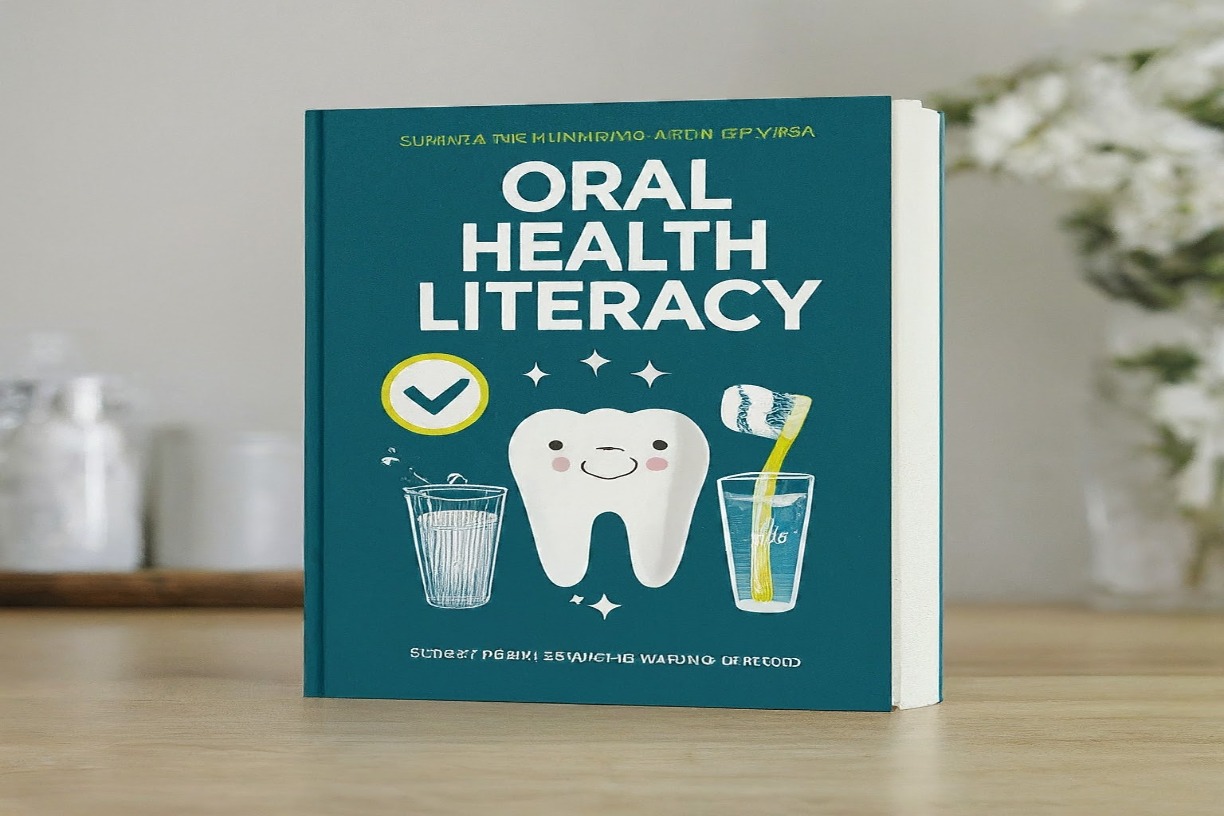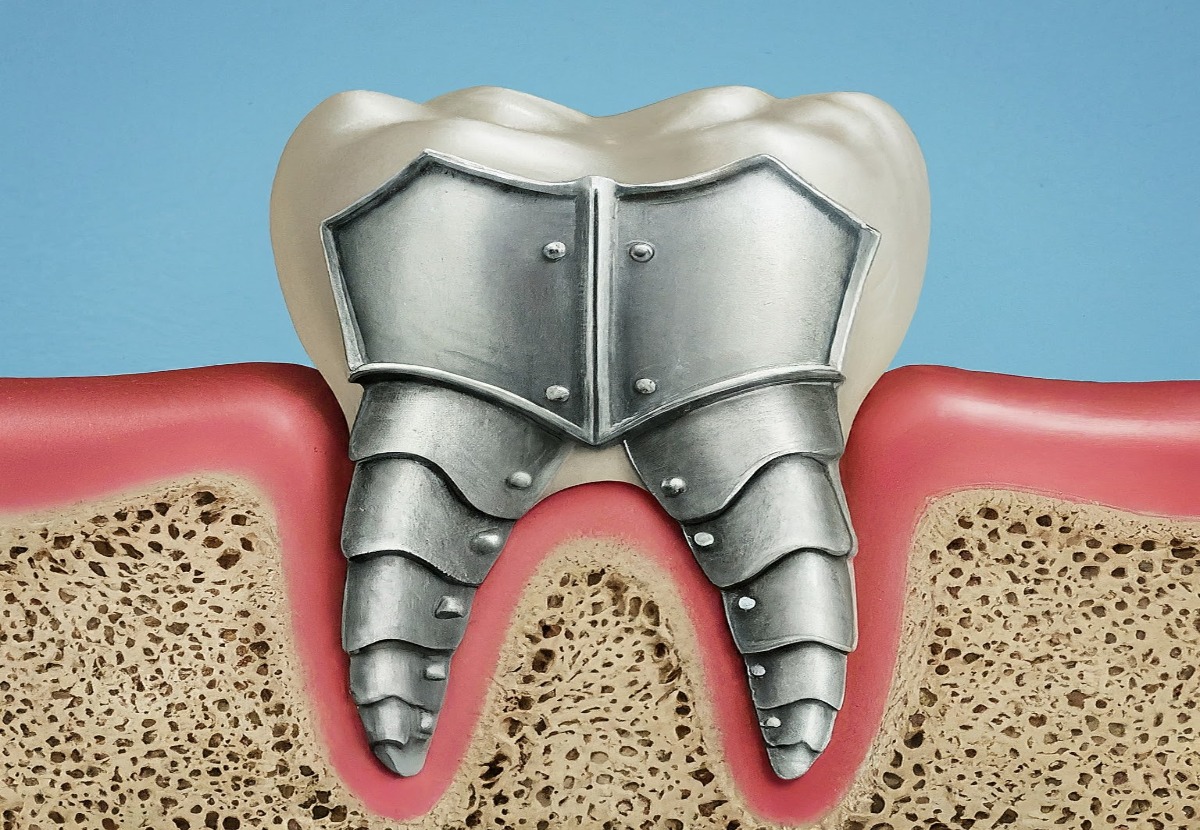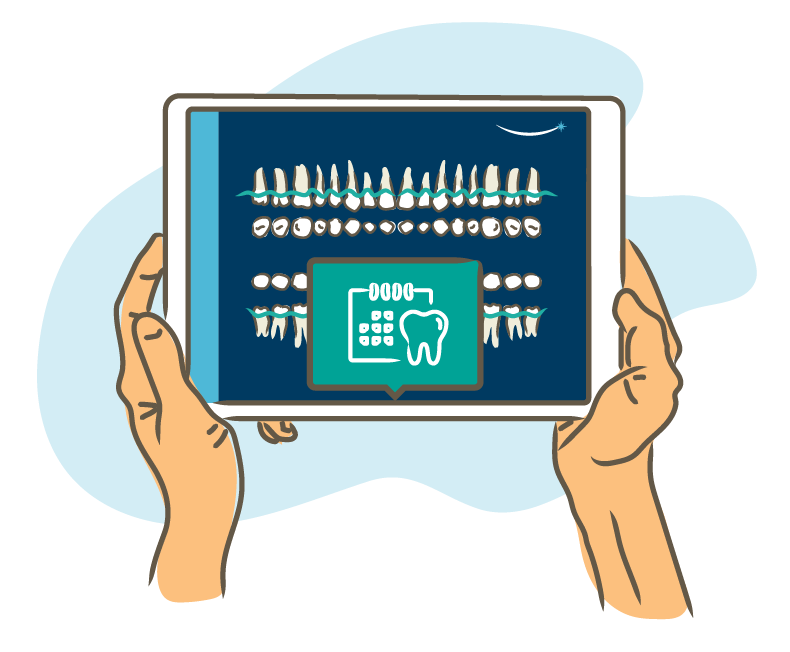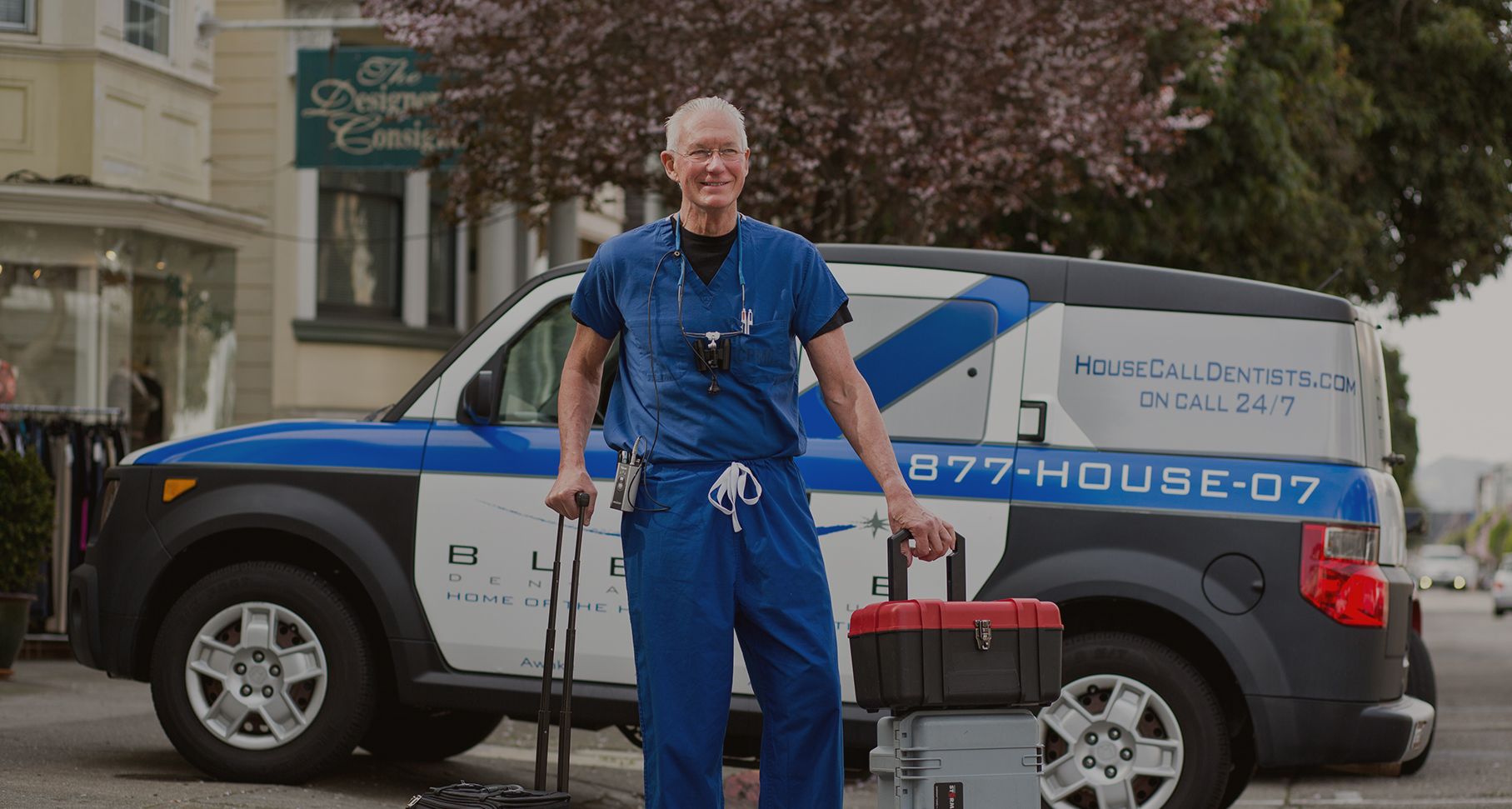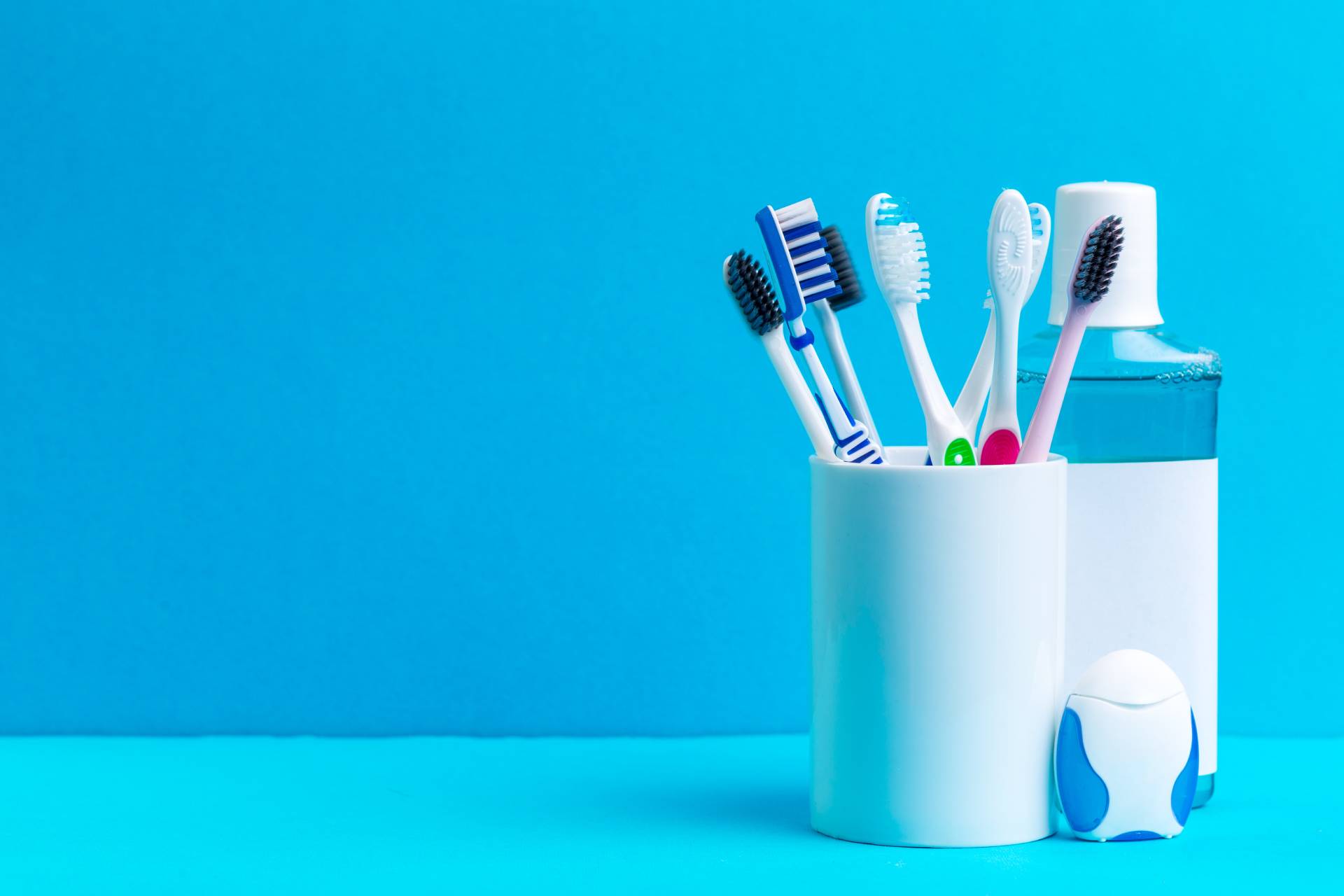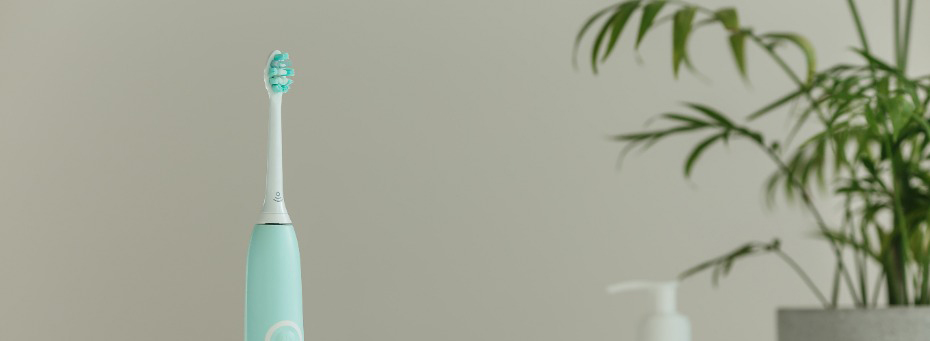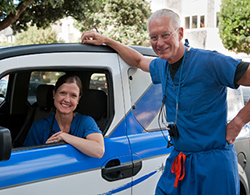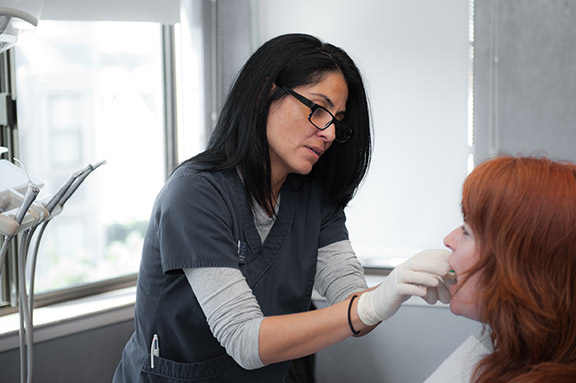All Posts
People with Special Needs Are Facing a Growing But Seldom Discussed Oral Health Crisis
It requires little effort to peruse the daily news and uncover stories related to the growing health crisis in the country, whether the issues involve post-pandemic outbreaks, staffing shortages for critical healthcare workers, soaring drug costs, supply chain constraints, or other challenges. The media loves to wade into the collective sense of dread and drama. Unfortunately, this approach tends to overshadow other crucial topics. Oral health is a prime example. And local reporting on the subject from states such as Wisconsin and California reflects a burgeoning problem, with nationwide implications, for special needs patients who suffer from a lack of timely and proper dental care.
Local Spotlights on Widespread Dental Problems
Woes in Wisconsin
On July 11, Wisconsin’s News 3 Now unveiled an investigation from May that revealed “how experts estimated hundreds were on years-long waiting lists in Wisconsin as the number of dentists trained for sedated care dwindled.”
In her article, Naomi Kowles explained: “While exact data on the problem isn’t available, experts estimated it was potentially impacting hundreds in the state in cases where people need sedated care because of disabilities or health needs. A combination of factors like key dentist retirements in Dane County, as well as the closure of a hospital dentistry program in 2016, are contributing to the worsening problem, according to Dr. Patrick Tepe with the Wisconsin Dental Association.”
The team of investigative journalists discovered that special needs patients in the area languished on waiting lists for years to receive dental care that required “crucial in-house or hospitalized sedation.”
Kowles quoted the parent of a special needs adult:
“This is getting to be an emergency now,” Karen Scullion in Iowa County said of her adult son Trent, who has cerebral palsy and had gone three years without care as she frantically searched for a dentist able to take him. “The other day he told us his tooth on this side was hurting. I looked; his crown fell off.”
Oral health is instrumental to overall physical health and quality of life. Without a network of dentists trained in advanced sedation modalities and in treating people with special needs, the dental problems of an already underserved population will continue to exacerbate. In response, the budget passed by the state legislature appropriated $2.5 million to “increase payments for dentists providing dental care to people with cognitive or physical disabilities who needed anesthesia during care.”
As California Goes, So Goes the Nation
The saying “As California Goes, So Goes the Nation” exists because of its veracity. The issues that stem from the Golden State – the largest sub-national economy in the world – inevitably influence or impact the course of national trends. So given the fact that California is experiencing the same oral health hurdles as Wisconsin, we can infer that the problems transcend regional events and reach much farther across the whole of the United States.
As Kristen Hwang reported for Cal Matters, “For Californians with special needs, getting to see the dentist can take years.” Sound familiar? This piece, like the Wisconsin investigation, also came out in May.
Tens of thousands of Californians with disabilities require special accommodations for dental care, but only a limited number of centers in the state can treat them. Traditional dentists outside of these specialized facilities lack the training and tools to care for the special needs population. Hwang recounted the story of one patient in her article:
The first time Namirah Jones visited the dentist at age 5, her meltdown brought the office to a halt. Her mother, Mia Costley, her grandmother and a dental assistant held her down while she screamed. The dentist couldn’t even get a mirror in her mouth.
“That’s when it was determined that no dentist could ever work on her; she would have to be put to sleep,” Costley said from their apartment in Corona.
Jones is now 19 years old. She suffers from severe autism and cognitive disabilities. But in this, she is not an outlier – Jones is one of tens of thousands of patients in California who cannot receive care from most of the 30,000 dental practices in the state.
These underrepresented patients, as Hwang wrote, live with conditions that range “from cognitive and physical disabilities like autism and cerebral palsy to complex health conditions like Alzheimer’s and Parkinson’s.” To receive treatment, they “require sedation during dental procedures, making basic dental care largely inaccessible.”
A typical dental office cannot perform general anesthesia, nor are its teams or facilities equipped to handle patients with specific behavioral, physical, or cognitive challenges.
“Instead,” Hwang pointed out, “disabled patients languish on waiting lists for years at the few places that can see them — usually dental schools. When they get an appointment, it’s frequently a financial hardship requiring time off of work for caregivers, long drives from remote areas of the state, overnight hotel stays and out-of-pocket surgical fees.”
California Dental Association (CDA) president Ariane Terlet called the situation “untenable.” As in Wisconsin, advocates in California are imploring state lawmakers to include funding in the budget for developing solutions to alleviate this growing oral health crisis. The CDA has requested $50 million to be allocated for these purposes.
Blende Dental Group: Specialists in Special Needs
Over 61 million people in the United States live with special needs, including 7 million children. Yet as we’ve seen, these individuals go without proper oral care given the lack of dentists who have the specialized skills, training, and capabilities to serve these unique patients. It’s important to understand that you and your loved ones can get the care you need through in-home care, facilitated by advances in mobile dentistry, and the evolution of sleep and sedation options. This has been the hallmark of the Blende Dental Group. We have devoted our practice to supporting the under-supported.
Patients with special needs require a level of care above and beyond what can be provided in a conventional dental office. This is why 60% of our disabled patients are referred to us by other providers. The category of special needs encompasses a broad population of individuals with unique circumstances. Some are homebound seniors, some are children, some experience severe anxiety or phobia, some have physical or cognitive challenges, and others live with complex medical conditions that make dental care difficult to obtain.
Blende Dental Group is one of the few practices that is qualified to treat those with special needs. And we’ve been doing it for more than 20 years. Our dentists are longstanding and active members of the Special Care Dentistry Association (SCDA). They lecture nationally on special needs dentistry. Our genuine compassion for the person, understanding of their disability, and grasp of its possible complications form the core of our care. Our teams are licensed to treat special needs patients in our offices, at a hospital, or even in their homes through its House Call Dentists practice. All of our dentists are also hospital trained, have completed postdoctoral General Practice Residencies (GPRs), and are privileged at local hospitals for sedation dentistry.
“Here at Blende Dental, our mission has been to help people who need dental care and give them the dental care that they deserve,” Dr. David Blende said. “That’s why our at-home service is so important. We provide care for the underserved, people who can’t leave home. Our mission is to break that barrier that keeps people from receiving dental care: geriatric and assisted living, the physically disabled, and people with cognitive disabilities.”
Early in his career, Dr. Blende toured a hospital where he saw children suffering from extreme bottle syndrome (a special form of tooth decay caused by prolonged exposure to milk and sugary liquids) and other serious ailments. His focus quickly shifted toward discovering ways to use his specialized skills to help patients who would otherwise struggle to receive traditional care. As time progressed, he broadened his services to treat people with disabilities, cognitive impairments, dementia, and homebound situations, bringing the past experience of house calls full circle into a modernized practice.
Today, Dr. Blende continues to champion the growth of this alternative approach to dentistry, mentoring a new generation of dental professionals to carry on the legacy and teach others. This focus on new skills develop and training will become essential in helping states care for citizens with non-traditional needs. And the Blende Dental Group is planning to be at the forefront of these efforts. As CEO Carla Caramat said in this year’s publication to patients and referring dental providers:
I’m so thrilled to announce the fulfillment of a concept we’ve been working on for years. It is the next step in our journey, an important new direction in the evolution of dentistry. The number of dental providers with the training to deliver specialized care for homebound and special needs patients has not kept up with the expanding population. For this reason, we are preparing to launch a nonprofit organization that will train dentists to carry on our mission—who in turn, will mentor other generations of dental practitioners. The foundation will provide services to these underserved populations: special needs patients, the homebound, and individuals in need of extensive treatments they cannot receive elsewhere.
Photo by Kenny Eliason on Unsplash
Let's brighten
that smile
The when and where are up to you.
